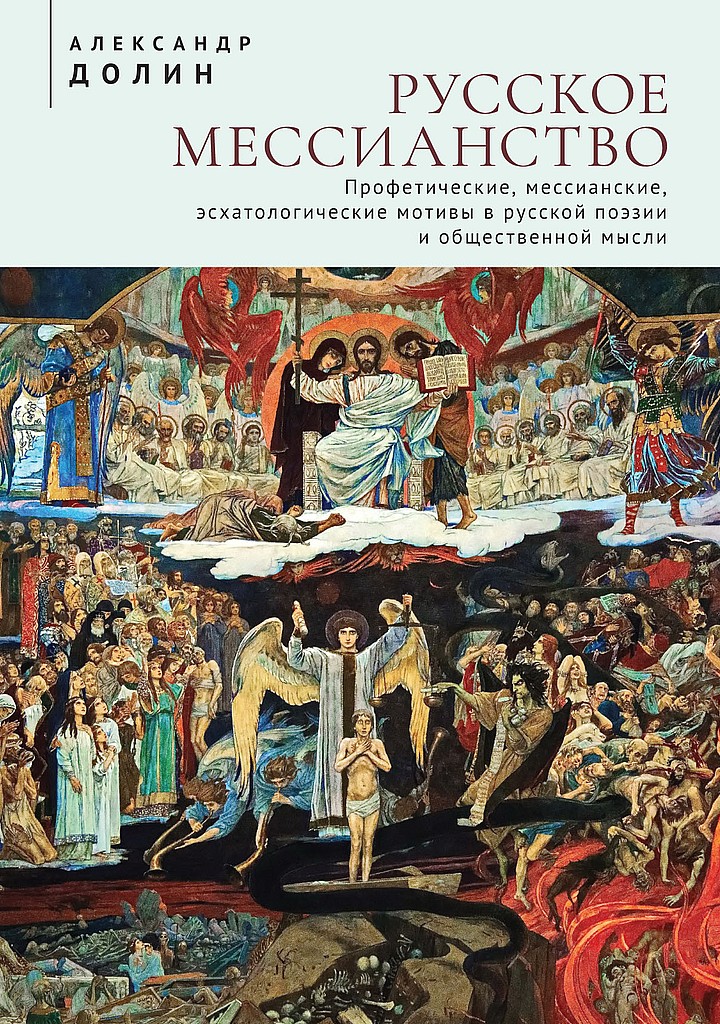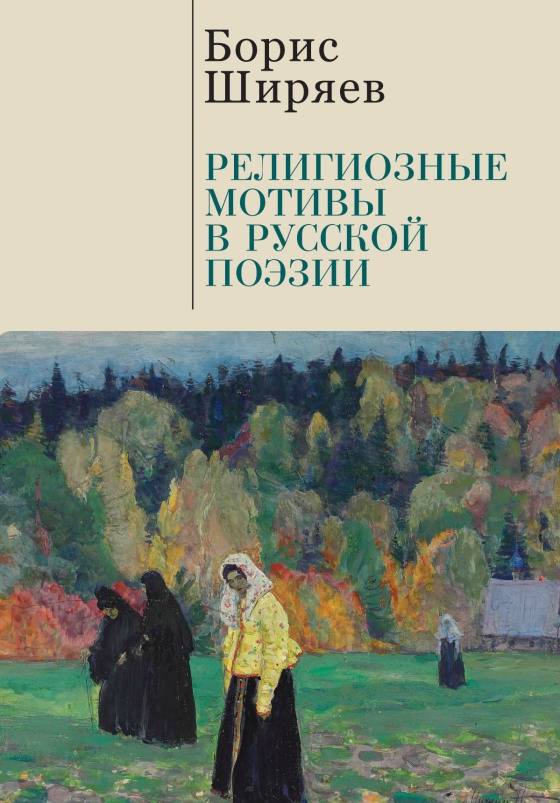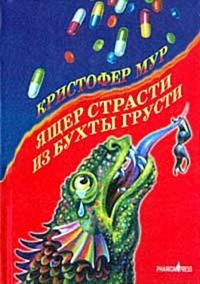exception of his numerologist experiments that also are a typical evidence of the attempts of an unstable mind and physics to ground the fantastic ideas. A flow of poetic imagination not addressed to anybody in particular seems quite self-sufifcient. «An Astral Vagabond of the World Axis», Khlebnikov, as it seems to him, directly communicates with the universe, and it is to the universe that he devotes the most part of his works. The mixture of the past, the present and the future in these works makes an extremely abstract prophecy consisting of the fragments of history, mythology, geography, economy and politics.
* * *
Whereas Khlebnikov can be called a bard of the great Russian anarchy, Mayakovsky was the adherent and the prophet of the new revolutionary order. Though the original purpose of his postrevolutionary activities (a call for the «new life») basically, coincides with Khlebnikov’s slogans, Mayakovsky’s pathos is aimed at strengthening the new revolutionary rule, creating and cultivating the Soviet state as a super-establishment, as a true model of the novel, alternative human community.
Mayakovsky’s bright communist utopia, which only today appears to be the one in a new historical context, was pragmatic and functional. In this respect, it was much more dangerous than Khlebnikov’s abstract fantasy. Mayakovsky, due to his great talent, directly referring to the mass consciousness, put on the skeleton of the Soviet idea the flesh of the concrete poetic world. Together with the new generation of «Soviet poets» of low and middle level he was building historic myths: a myth about the revolution and the civil war, a myth about Lenin, a myth about the industrialization, a myth about joyful life in the Promised land — USSR. He idealized and elevated the most sinister, the most unattractive pages of the Bolshevist reign. He glorified the names of all the Bolshevist leaders and condemned their opponents. He was not only the highly inspired prophet but also a true creator of the idealist socialist future that never arrived. He wrote the revolutionary gospel apocrypha and initiated a genre of the patriotic revolutionary lyrical poetry. No wonder that Stalin called him posthumously «the best and the most talented» poet of the revolution. Mayakovsky’s role in the Stalinist «culture revolution» is beyond any comparison. He became the founder of the Soviet quasi-religious mythology, which later, thanks to the efforts of Soviet ideologists, grew into a huge system of red propaganda, based on the Great Lie.
Mayakovsky accepted Bolshevist Marxism as a new faith, and the revolution as an advent of a new era. Actually this position was not original: it was shared at the time by millions. The place of God the Father in the mass imagination was occupied by Marx, the place of God the Son sent to Russia as a Messiah — by Lenin, the place of the Holy Spirit — by Communism. Mayakovsky’s peculiarity lies in the fact that he felt himself not just an apologist but an apostle of a new faith and acted in full accordance with the responsibilities charged on an apostle. Without trying to comprehend critically the dogmas of Marxism-Leninism, he accepted this utopian doctrine as a unique alternative to all other teachings, as a direction to an action.
Naturally, Mayakovsky was seeking a way to new society and new culture in the same direction as the founders of his new religion. He was not confused neither by the extreme cruelty of the new totalitarian Bolshevist rule, nor by the suffering of the people, nor by the unreal nature of the Marxist ideals obvious for any educated person. He would not only justify mob’s vandalism as «the expenses of the great revolution», but even call for more barbarity in the vein of the old good futurist manifestoes. The difference is in the fact that the scandalizing phrases in Mayakovsky’s postrevolutionary proclamations sounded as a call for action, and the bizarre eschatological aspirations would turn to be real Apocalypse.
Mayakovsky combines in his works prophetic, eschatological, and messianic trends. For him the tragic and disgraceful end of the old world looks like the beginning of a new era, the era of the triumph of communist ideology and Soviet state. This fierce call for destruction of the old culture in the age of total madness marked by real attempts to abolish the classics and level to the ground the aesthetic heritage of the past sounds really macabre. There is only one truth in this poetry — Lenin’s truth, and now that we know the malicious side of this truth, poet’s proclamations should be treated differently. In the poem «Vladimir Ilyich Lenin» composed on the death of the dictator, Mayakovsky canonized and mummified Lenin in the most appropriate way. That was his major contribution to the revolutionary cause. That was also his gravest sin. His life and death marked the climax of all that contradictory and turbulent poetic vision emerged from the depth of the fading Silver Age.
* * *
Prophetic mind of the Russian classics has always been the source of their great spiritual strength. Regarding themselves as the mediators between the God and the humans, they tended to create in their poetic dreams an ideal model of society based on the ever-lasting moral values. However, having turned their indignation against the imperfect and retarded establishment, these bards unconsciously contributed to the perilous process of ideological controversy among the intellectuals. They succeeded in forming a myth of the «Blessed Revolutionary Apocalypse» which presumed the complete destruction of the existing social system. The dramatic implementation of this myth in the course of the Bolshevist revolution and the foundation of the totalitarian Soviet state proved the danger of political and cultural extremism. A monstrous machine of social violence oppressed any kind of free thought and creativity in the country.
Conformity has not brought the desired results. It did not become the cradle of the new «Soviet humanism» and even could not save its supporters from the fangs of the Beast. Probably one can see





